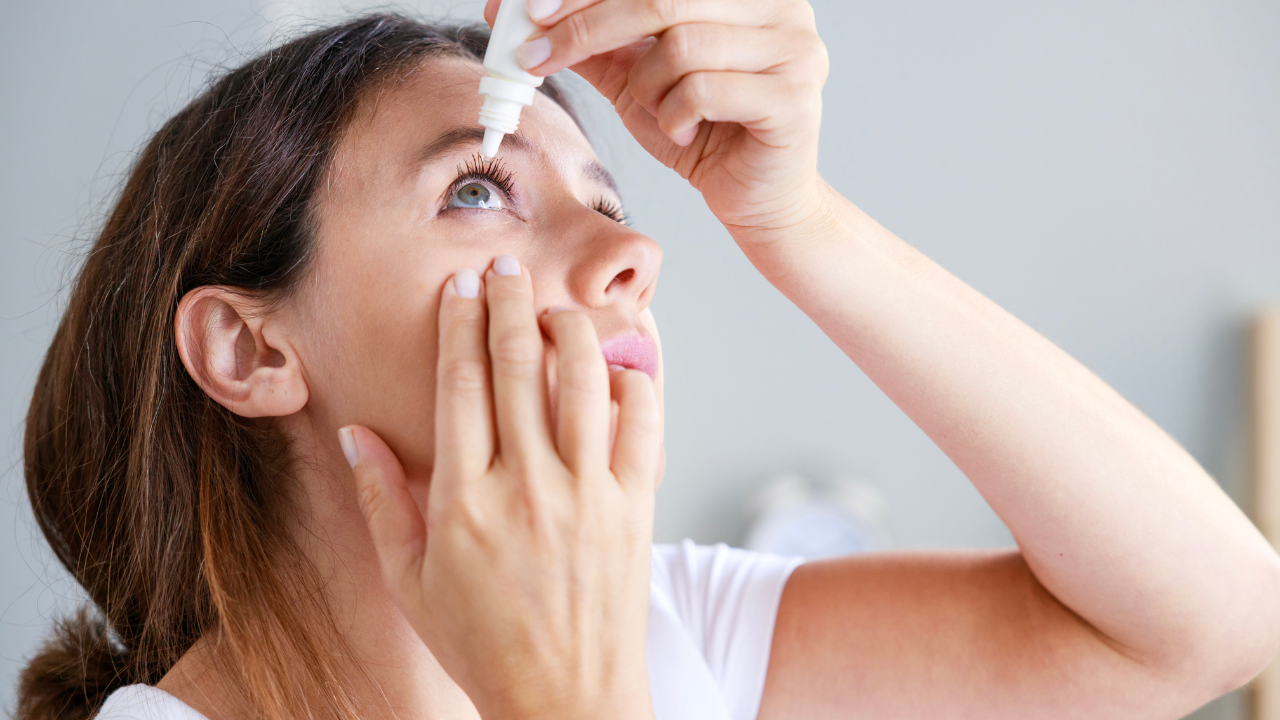Allergy season can be tough on your eyes, bringing discomfort, itching, and redness as pollen, dust, and other allergens fill the air. As your body reacts to these allergens, your eyes can suffer from irritation, making it crucial to take extra steps to protect and soothe them. Here are some essential tips to safeguard your eyes during allergy season and keep them as comfortable as possible.
1. Understand Allergy Triggers and Limit Exposure
During allergy season, it’s vital to understand what triggers your symptoms. Common culprits include pollen from trees, grasses, and weeds, as well as dust, pet dander, and mold spores. Keeping your windows closed, especially during high pollen times (usually early mornings and windy days), can prevent allergens from entering your home. When you’re outside, consider wearing sunglasses to shield your eyes from pollen and other airborne allergens. Sunglasses act as a physical barrier, helping reduce exposure to allergens and potential eye irritation.
If you wear contact lenses, allergens can stick to the lenses and worsen symptoms. Switching to daily disposable contacts or wearing glasses during allergy season can lessen the risk of irritation and help keep your eyes clear and comfortable.

2. Practice Good Eye Hygiene
Rubbing your eyes might seem like a natural reaction to itchiness, but it can make matters worse. Rubbing transfers allergens from your hands to your eyes, increasing irritation and inflammation. Instead, use a clean, damp cloth to gently wipe your eyelids and lashes, removing any allergens that might be lingering on your skin. Washing your face regularly can also help remove allergens from the skin around your eyes, reducing the chances of irritation.
Another useful tip is to apply a cold compress to your eyes for relief. The cool temperature helps soothe itchiness and reduce inflammation, making it a safe and natural way to calm allergic reactions. Simply soak a clean cloth in cold water, wring it out, and place it over your closed eyes for a few minutes whenever discomfort arises.
3. Use Eye Drops and Over-the-Counter Remedies Rule
Over-the-counter (OTC) eye drops are a quick and effective way to relieve eye allergies. Look for artificial tears or saline-based eye drops to rinse out allergens and keep your eyes moist, preventing dryness and irritation. If your symptoms are more severe, consider antihistamine eye drops, which can help reduce itching and redness by blocking histamine (a compound released by your body in response to allergens). However, always consult with an eye care professional or pharmacist before starting a new eye drop, especially if you have sensitive eyes or other eye conditions.
In addition to eye drops, oral antihistamines can also help control allergy symptoms. They work by reducing your body’s allergic response, which can alleviate eye discomfort. Be aware that some antihistamines can cause dryness as a side effect, so drinking plenty of water and using artificial tears in conjunction with them can help maintain proper eye moisture.

Protecting your eyes during allergy season doesn’t have to be a challenge. By understanding your triggers, practicing good eye hygiene, and using appropriate remedies, you can minimize discomfort and enjoy the season with clearer, healthier eyes. If symptoms persist or worsen, consider visiting an eye specialist to explore other treatment options. Mahaveer Eye Hospital is here to support you with personalized care, ensuring your eyes stay comfortable and healthy all year round.



